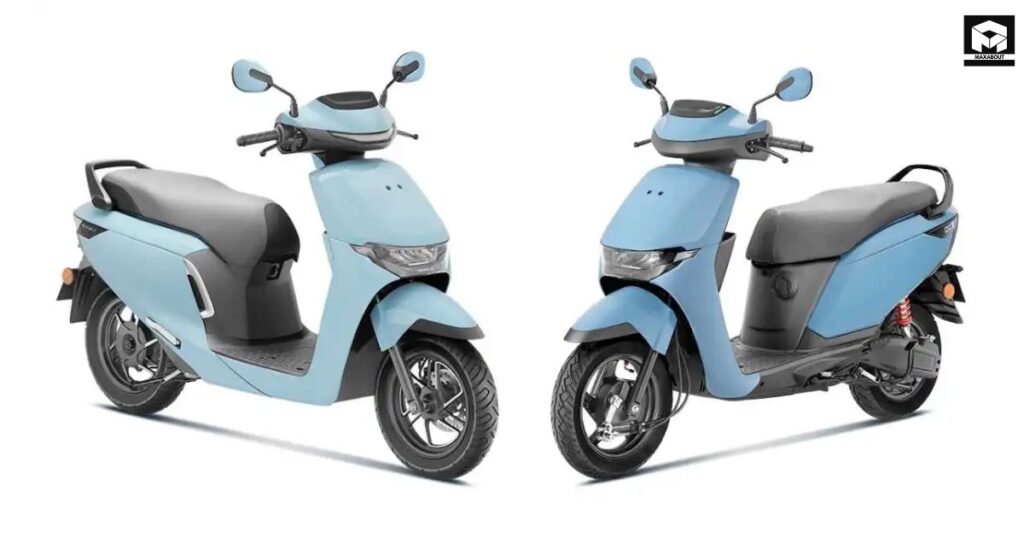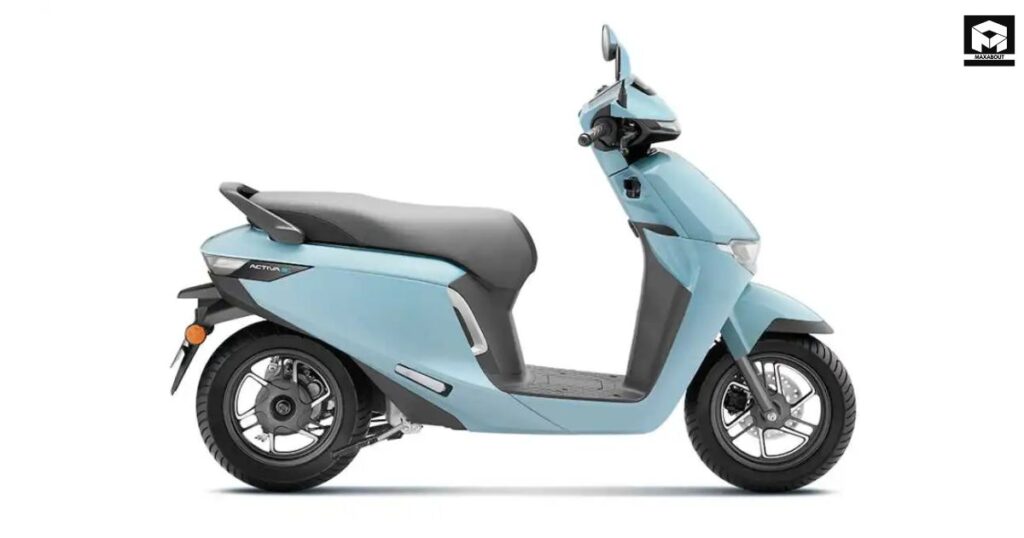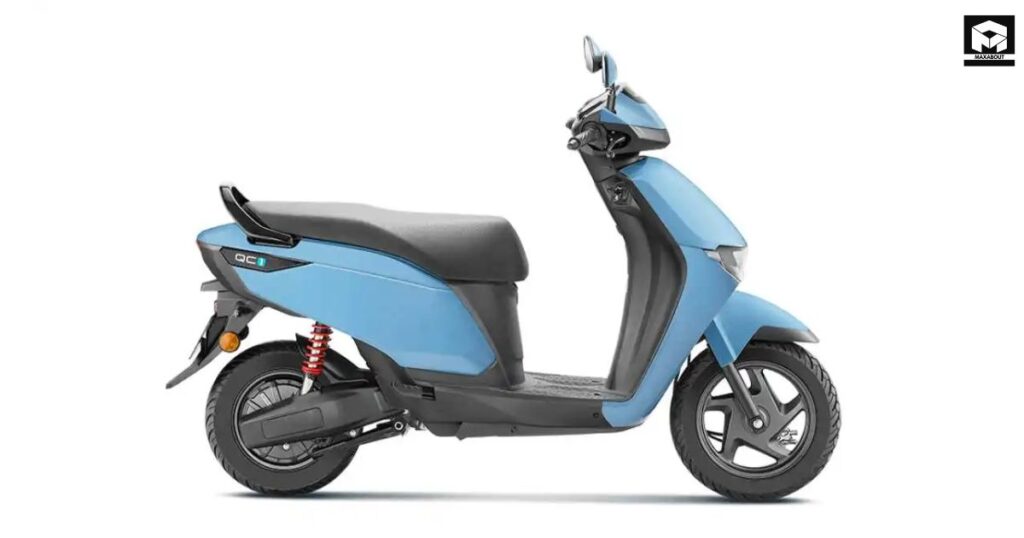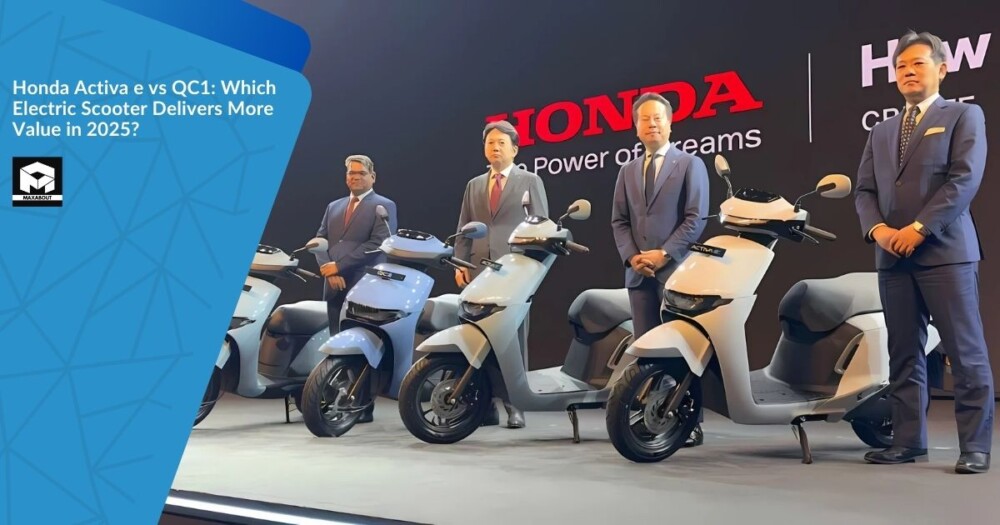As the electric mobility revolution gains momentum, Honda has stepped into the spotlight with its latest offerings: These consist of the Honda Activa e as well as the QC1 electric scooter. These are new models for Honda, breaking away from the norm of internal combustion power with electric-driven solutions that are unique for India. In this article, we will compare the specs for the A5, Y5, and W5 of these scooters in detail, including the features, speed, buying cost, and range, and pick the one you should consider for electric mobility.

The Honda Activa e is the concept electric scooter presented by the Japanese auto giant and Honda earlier this year.
One of India’s most loved scooters now comes with a modernisation in the form of the Honda Activa e. This electric scooter was designed with domestic and international markets in mind, with much of the charm of its predecessor while including advanced technology integrated into it. A twelve-volt, permanent magnet synchronous motor generates peak power of 6 kW and torque of 22 Nm and can accelerate from 0 to 60 kph in just 7.3 seconds. The Activa e is equipped with two swappable batteries of 1.5 kWh each, ensuring a range of 102 km on a full charge. For users that rely heavily on their scooters for urban commuting every day, this feature also makes the aspect of charging their scooters a lot easier with the ability to swap batteries from designated stations that effectively address the common issues people have when charging their scooters.
How Does the QC1 Electric Scooter Compare?
The QC1 electric scooter is a product from Honda for those in search of a cheaper option in the electric two-wheeler segment. The fixed battery has a capacity of 1.5 kWh and gives a range of 80 km per charge, designed specifically for the Indian market. It will be smaller than the range of the Activa e, but its usable charging ability would make it available to people who may not be able to access battery swapping infrastructure. Equipped with an in-wheel motor that reaches 1.8 kW peak power and 50 km/h speeds, the QC1 is able to travel efficiently using just 1 kW of power. Additionally, this model also has two ride modes, Standard and Econ, that optimise performance according to the user’s preference.
Key Features of Activa e.

The Honda Activa e boasts several standout features that enhance its appeal:
- Swappable Batteries: Featuring two swappable batteries, recharging is easy, and downtime is kept low.
- Advanced Instrumentation: Real-time information about speed, battery status, and connectivity options is shown on a 7-inch TFT display.
- Riding Modes: The Activa e boasts three riding modes: Econ, Standard, and Sport, which provide for all manner of riding styles and conditions.
- Smart Key Technology: The smart key system has Smart Find and Smart Unlock functions for user convenience. These features put the Activa e in top form in the crowded electric scooter market.
Why Is the QC1 Different?

While less powerful than its counterpart, the QC1 has unique attributes that cater to specific consumer needs:
- Affordability: With a fixed battery system, the production costs are lower, attracting buyers who are concerned about the price.
- Simplicity: Having fewer complex features than the Activa e, it is all about simple functioning, not something complicated or expensive.
- Compact Design: It is a minimalist but functional design for urban commuting, where manoeuvrability counts the most. Many users who aren’t yet ready to leave the comfort of traditional internal combustion brakes are starting to use the QC1 as an entry to electric mobility.
What is different in battery technologies between the Activa e and QC1?
One of the most significant differences between these two models lies in their battery technologies: The Activa e is powered by two swappable batteries that can be swapped at designated stations in Delhi and Bengaluru or other cities. Innovatively, this addresses the common charging challenges for the urban commuter.The QC1 instead has a single fixed battery that can be charged at home or at public charging stations. While that won’t allow for quite the range of swappable options, it makes ownership simpler for those who prefer the traditional charge way. Honda’s insistence on developing its own infrastructure for swapping batteries grants the Activa e an advantage in convenience; both systems have their advantages.
Now, how do the performance comparisons of the Activa e and QC1 perform?
Performance metrics reveal distinct characteristics between these two scooters:
- Thanks to its more powerful motor, run by two batteries, the Activa e offers greater acceleration and greater speed than its petrol twin. It reaches a speed of up to 80 km/h and gives an exciting ride experience.But the QC1, which can only work up to 1.8 kW, peaks at just 50 km/h. Its city commuting abilities make this a sensible choice, but those after more speed or more dynamic performance may find something else better suited. In the end, you will decide based on the kind of riding you prefer: practicality or speed.
How Does Pricing in India Affect Your Decision-Making?
Pricing remains a crucial factor influencing consumer decisions in India’s competitive electric scooter market.
- Pricing information for both models will be announced in January, but initial indications point to the Activa e priced higher as a premium proposition given its superior features and swappable battery technology.For first-time EV buyers, the QC1 is meant to be the most budget-friendly vehicle with fewer frills. Understanding your budget will help you decide among the different models that fit within your budget and meet your mobility needs.
When Are They Expected To Launch And When Will They Be Released?
Honda plans to roll out both models in phases starting from early 2025: Both scooters will open for bookings from January 1, 2025.QC1 deliveries will begin in India in February.Honda’s plan for the Activa e includes introducing it first in Bengaluru, followed by Mumbai and Delhi by April 2025, in the battery-swapping station business that the company is trying to begin. The phased approach enables Honda to deal with supply and build necessary infrastructure to provide the service.
What Contribution Do These Scooters Make to Carbon Neutrality?
Honda’s introduction of these electric scooters aligns with its broader commitment to achieving carbon neutrality globally by 2050 Instead, Honda launches models such as the Activa e and QC1, hoping they will help wean urban transport networks from fossil fuels.The introduction of swappable batteries offers convenience in addition to facilitating a more environmentally friendly approach through Honda’s promised battery swapping stations that facilitate shared energy resources. These initiatives reflect Honda’s commitment to sustainable living and serve an increasing need for alternatives in transportation.
Best Value for Money Electric Scooter?
Determining which scooter offers better value ultimately depends on individual needs: If you are on a limited budget and will not need the advanced features like swappable batteries, superior performance metrics, and cutting-edge technology, it may not make financial sense to buy the Honda Activa e. Conversely, if affordable and simple, you can give up quality and reliability, then QC1 will be your best choice. It depends on the priorities as far as performance is concerned or cost-effectiveness on your part to enable you to arrive at a decision.

